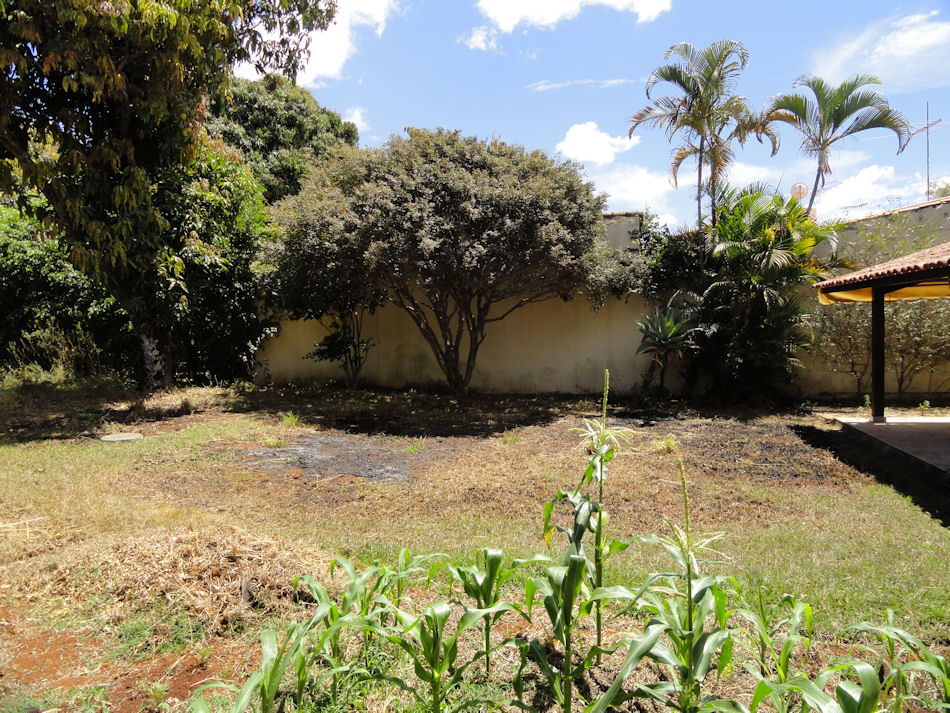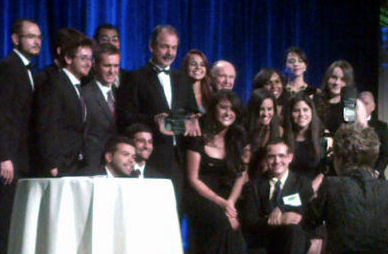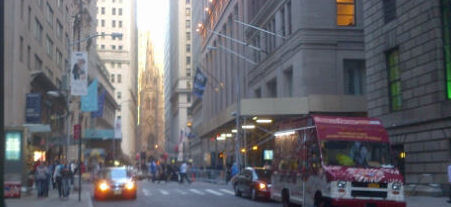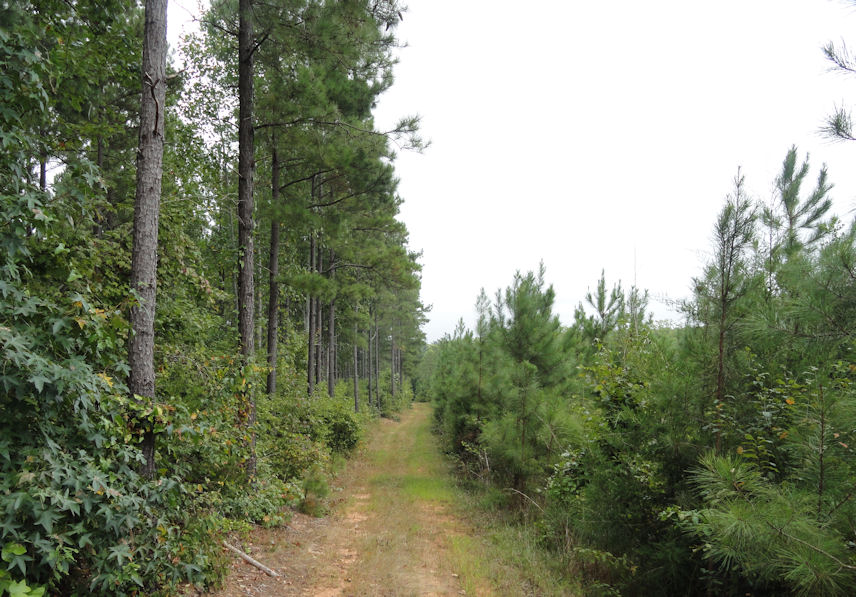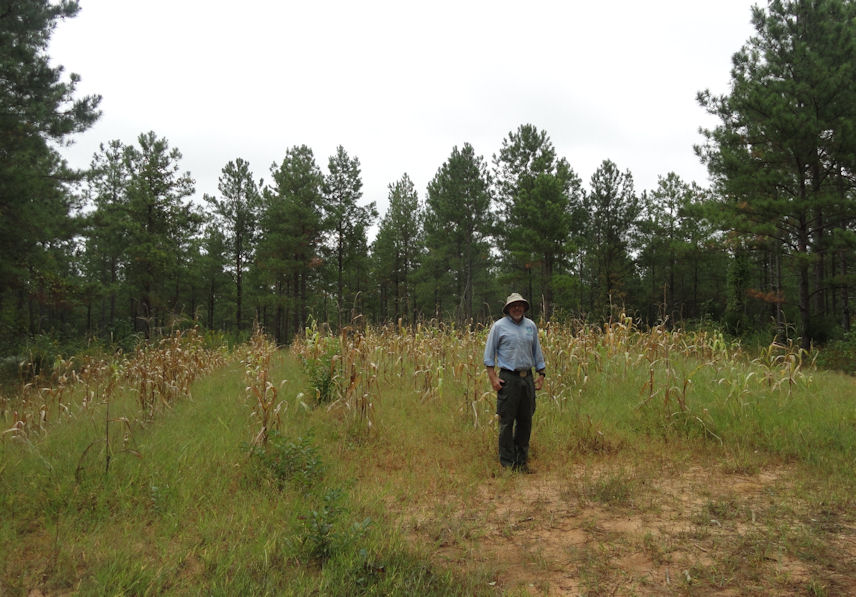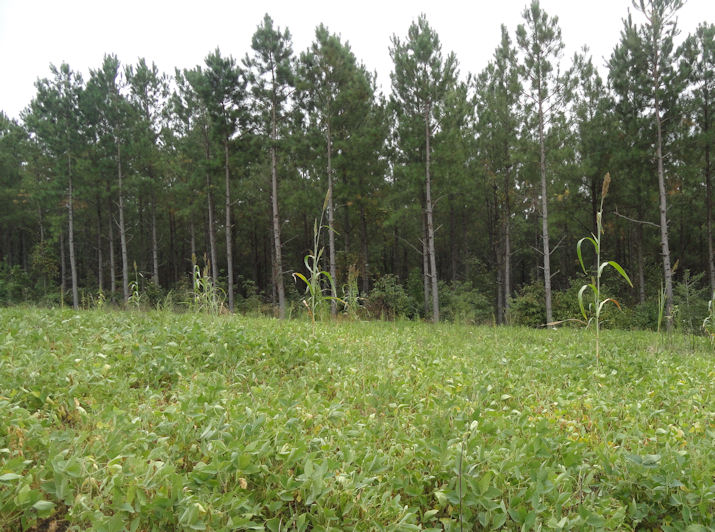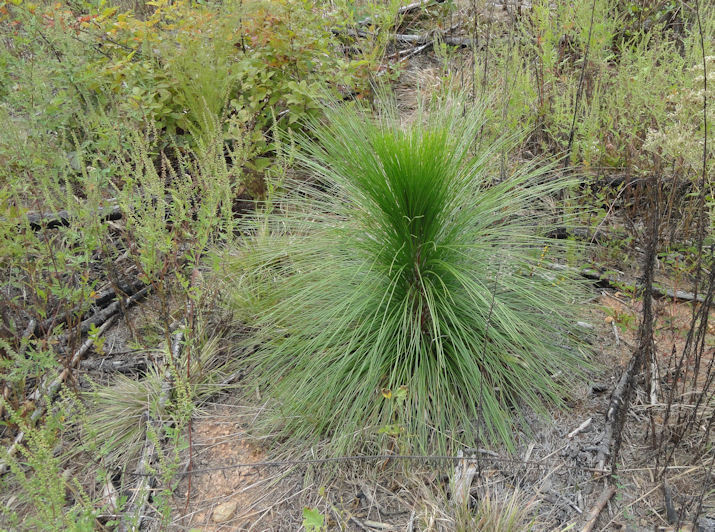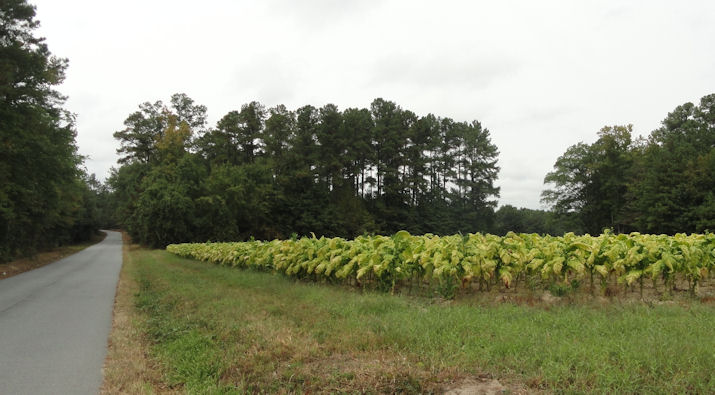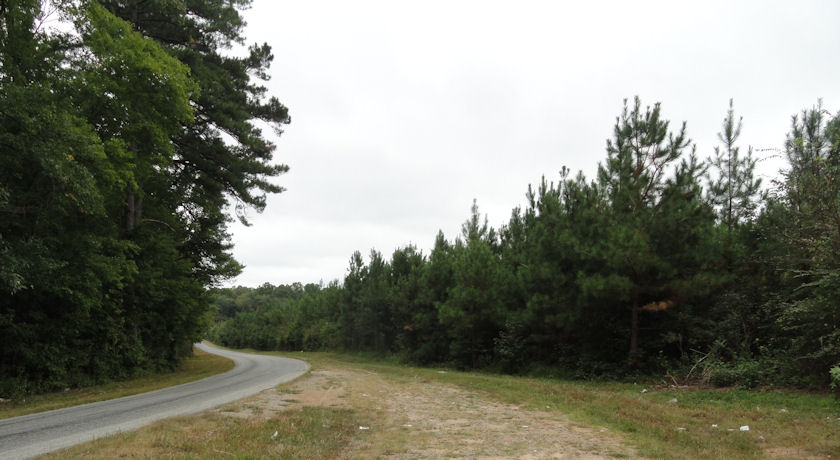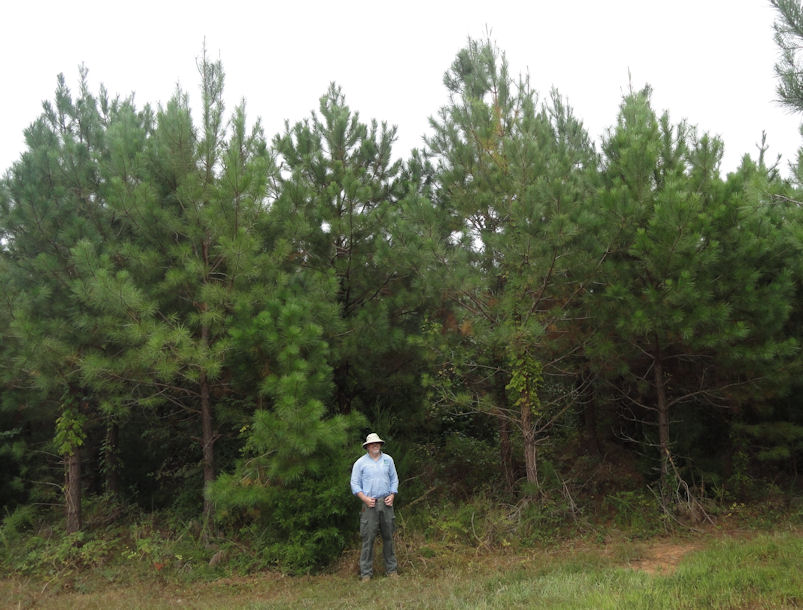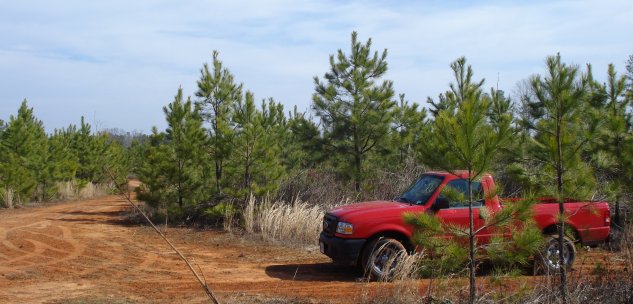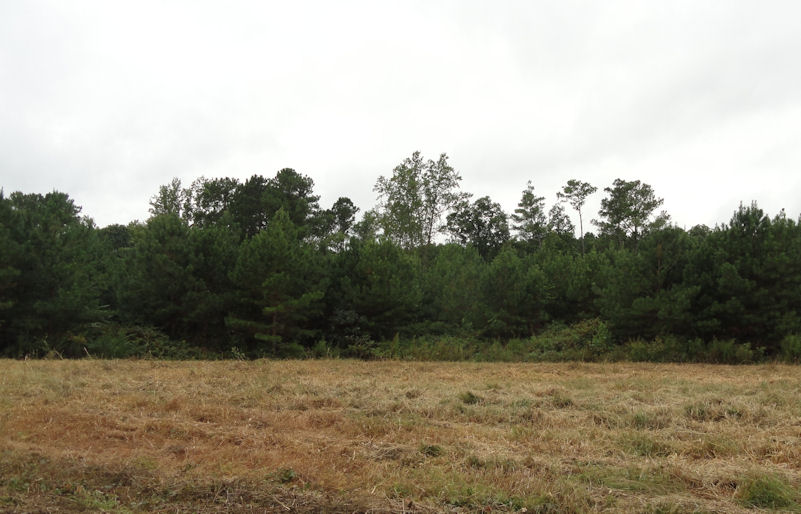I thought about keeping this in my private journal, but I think it is a problem common enough that maybe I should write something more public. It might be of interest to the FS community. IMO, this is a subject extremely interesting to many people, but one we talk about obliquely or not at all. Lots of my colleagues are in similar positions and more generally this applies to CS and all old guys. I also feel confident in writing since I feel generally successful and not aggrieved and I am looking at the development it with surprising indifference.
I didn’t get promoted this year. I figured my chances were 40-60 against and I lost the toss. At my rank, promotions don’t mean much more money and there are very few practical advantages other than the honor of it all. There are good things, as I will explain, but first a little background.
Our FS system gives us time limits within our grades. A “normal” career will last about 27 years and the person will honorably retire at the FS-01 level, a rank equivalent to an army colonel. To survive longer, you have to jump to the senior FS, which I did in 2007. After that, you get six years to make it to the next grade. I got a little extra time, since they gave me credit for the year I spent in Iraq and Congress didn’t get around to ratifying my promotion until 2008. Anyway, I can keep my job until January, 2016, when it is “hit the road Jack” and I have to retire.
This is not a bad thing. I will be sixty. I have been eligible to retire since 2005 and I have been “kinda meaning” to retire and do something else, but I hung on because the FS was fun and I felt like I was contributing. My finest hours were my service in Iraq and now doing extraordinary things in Brazil. These came after I could have retired and leaving those songs unsung would have been a shame. Of course, I would not have known what I didn’t achieve. Now, however, I don’t think there is much left for me. I think that the job I am doing in Brazil is the best I can do. Future assignments would be coming down from the peaks.
So how is the lack of promotion good news?
This was probably my last chance for promotion. As I said above, I did the best I could in Brazil and the reports that my Ambassador and DCM wrote reflected that. Ambassador Shannon wrote something so good for for me that I would certainly be too embarrassed to write for myself. It won’t get better. If that is not enough, I am out of luck. I don’t want to be a DCM or a DAS, so PAO Brazil is as good as it gets for me, but evidently not good enough. It is still a little ways off, but I now can see clearly the end of my FS road.
If I was not forced out, I would think of excellent reasons to hang around like a fart in a phone box. I would not leave, but my usefulness would have peaked. We have people like that at State. They are ghosts of their former glory. It is sad and not for me. You should always leave when they still want you to stay.
When I talk of retiring, I don’t mean to do nothing. I still feel energetic and will find a good job where I can still do something good. I will have the luxury of taking a job that means something to me w/o having to worry too much about the salary & benefits. My forestry enterprise could use some attention and I have lots of personal things to do before I take that final road to glory.
So life is good. I still feel little pangs of pain for not being on the promotion list. At this point in my career a promotion is a “positional good,” i.e. you want it because not everyone can have it and you have the “why not me?” question when you see people you think are less worthy. Having served on promotion panels myself, I can answer that question truthfully in ways that need not make me angry or sad. Some is just the luck of the draw. Promotions are statistically valid in that the better people tend to do better, but there are lots of anomalies in both directions, as well as more people who could be promoted than can be. I also admit that I have certain personality traits not immediately appreciated by the bureaucracy. I consider them mostly good and if I have not changed them up until now, I sure won’t be doing any major renovations at this late point.
I will go gentle into that good night with no raging. It will be going on 32 years by the time it is done, hard to believe. I had a good run and I think things are better at least in a small way because of things I did. The FS treated me fairly and I was able to build a good life both in and outside work. There is no job I would rather have had.
P.S. – One of my favorite movies is “Groundhog Day.” I may take more lessons from simple comedy movie than it has to teach, but I see it as the story of the iterative pursuit of excellence. The main character, played by Bill Murray, repeats the same day, February 2, over and over again. He finally moves ahead only after he lives the day right in all its aspects. I think the FS is like that in many ways. We go from place to place doing similar jobs, trying to get better at doing them. Up until this tour in Brasília, I always tried hard but didn’t really get it right. I am not saying that my performance in Brasília is perfect, but I think it is right this time. I am entitled to move along now.
P.S.S. I have learned to love poetry in my later life. I only wish I had been able to appreciate it sooner. Maybe you have to be ready for it. Anyway, I am reminded of the Tennyson Poem, Ulysses, that I didn’t appreciate in HS. I don’t hold with the revisionists views of the work and take it for what it is, w/o irony. The relevant part is below.
…Come, my friends,
‘T is not too late to seek a newer world.
Push off, and sitting well in order smite
The sounding furrows; for my purpose holds
To sail beyond the sunset, and the baths
Of all the western stars, until I die.
It may be that the gulfs will wash us down:
It may be we shall touch the Happy Isles,
And see the great Achilles, whom we knew.
Tho’ much is taken, much abides; and tho’
We are not now that strength which in old days
Moved earth and heaven, that which we are, we are;
One equal temper of heroic hearts,
Made weak by time and fate, but strong in will
To strive, to seek, to find, and not to yield.



